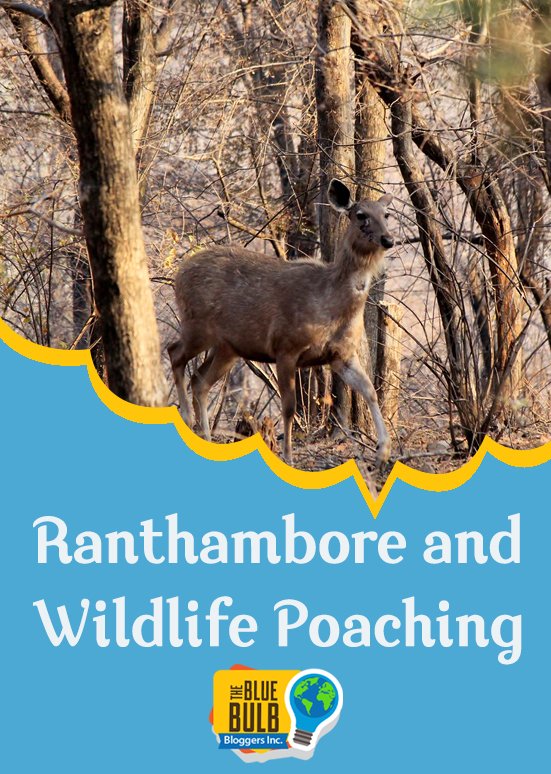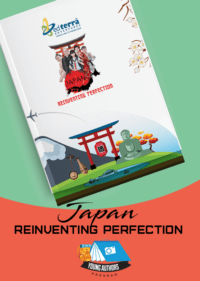Ranthambore and Wildlife Poaching 2023
Wildlife poaching, the illegal act of killing animals and trading their body parts in the black market for lucrative profits, remains a significant global concern.
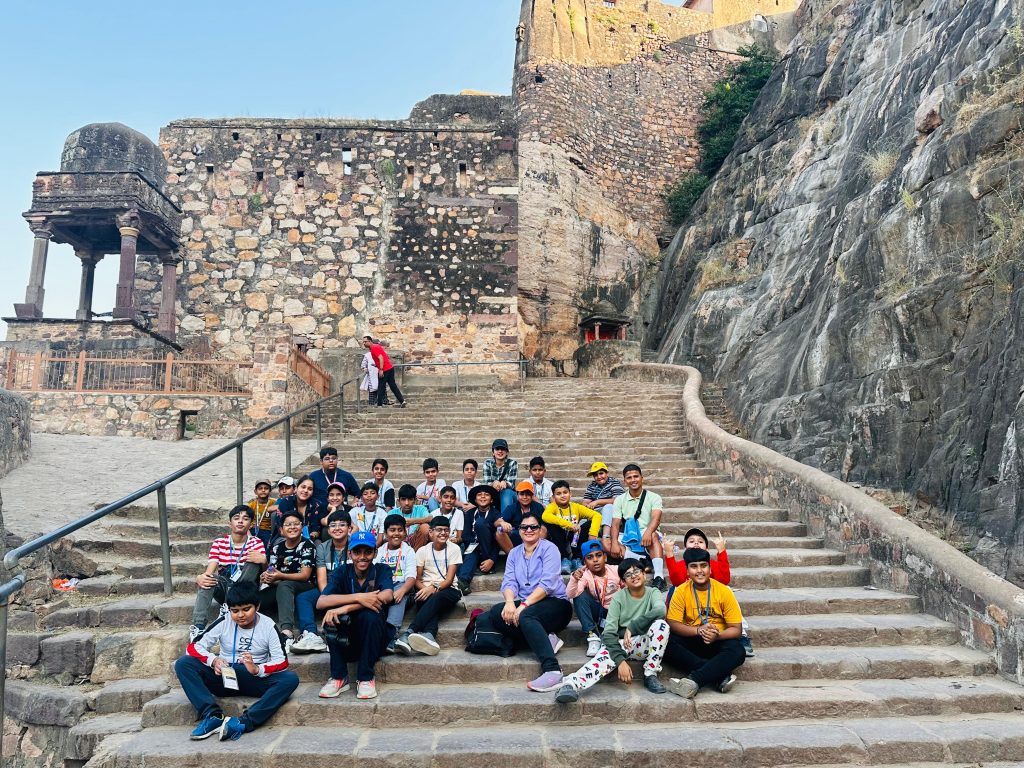
Ranthambore National Park is particularly vulnerable to poaching, given its status as a prime location teeming with a rich array of Indian wildlife. Encompassing a vast area of 1411.28 square kilometres, the park is characterised by the prevalence of dry deciduous Anogeissus Pendula Forest, making it the largest remaining expanse of such forest. Scattered throughout the park are remnants of water tanks and small bodies of water, such as Talabs, serving as traditional sites for water harvesting. These features collectively contribute to sustaining the diverse wildlife in the region, establishing Ranthambore National Park as an ideal habitat for flourishing wildlife.
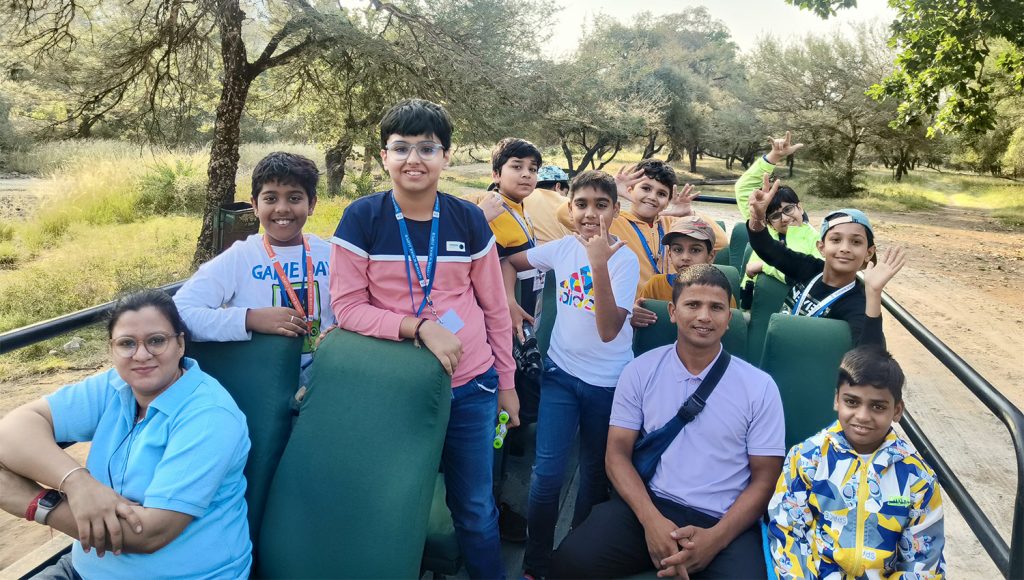
Historically, Ranthambore National Park served as a hunting ground, gaining prominence due to the presence of the Ranthambore Fort, constructed by the Chauhan ruler. Around the early 18th century, the Rajputs and the British jointly utilised the Ranthambore forests as their private hunting reserve. Recognising the decline in wildlife, the forest area was designated as the Sawai Madhopur Wildlife Sanctuary in 1955 and eventually became known as Ranthambore National Park following the passage of the Wildlife Protection Act by the government in 1972.
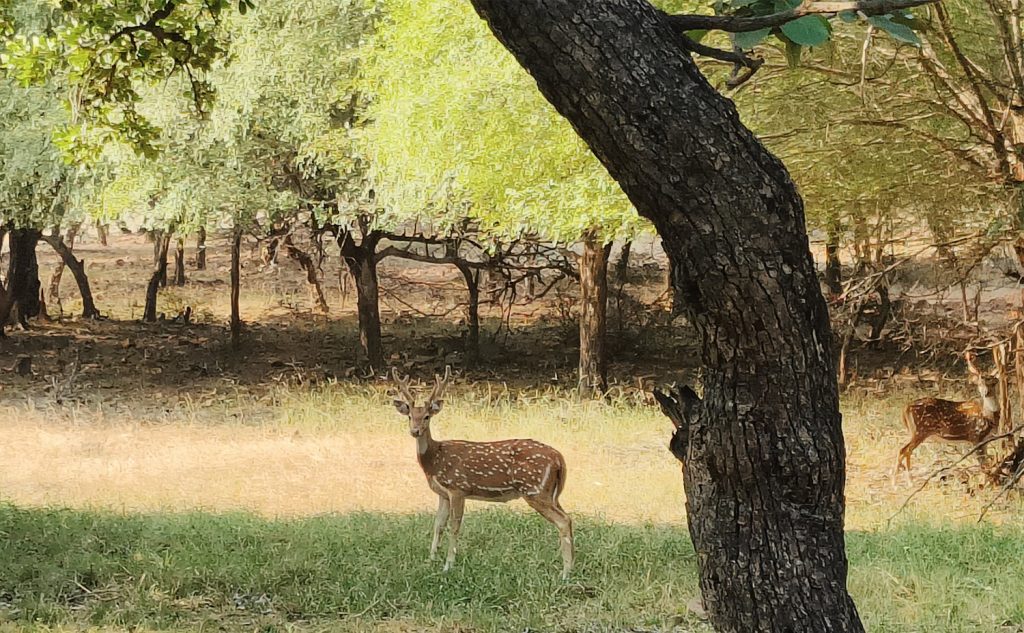
The narrative of Ranthambore National Park is just one facet of this larger issue. Wildlife poaching is a global problem, with countries like South Africa and Kenya identified by the World Wildlife Fund as hotspots for giraffe and rhinoceros poaching. Therefore, raising awareness is crucial to discourage wildlife poaching and ensure the survival of diverse animal species on Earth.
Team Members: Ahmer Hussain, Annaut Khandal, Aryan Maheshwari & Neeraj Sharma (Mayoor School Jaipur).
EdTerra Edventures conducts various other programs for the youth. If you go to school and are under 17 years of age, ask your school to contact us to arrange a visit to your school for an introduction to “Ranthambore: Tiger’s Own Den” and other journeys under EdTerra’s India Discovery Program.
For queries call +91-11-48885800 or visit EdTerra Browse Journeys page to know more about the programs we offer to school students. Visit our FB page by clickingHERE

